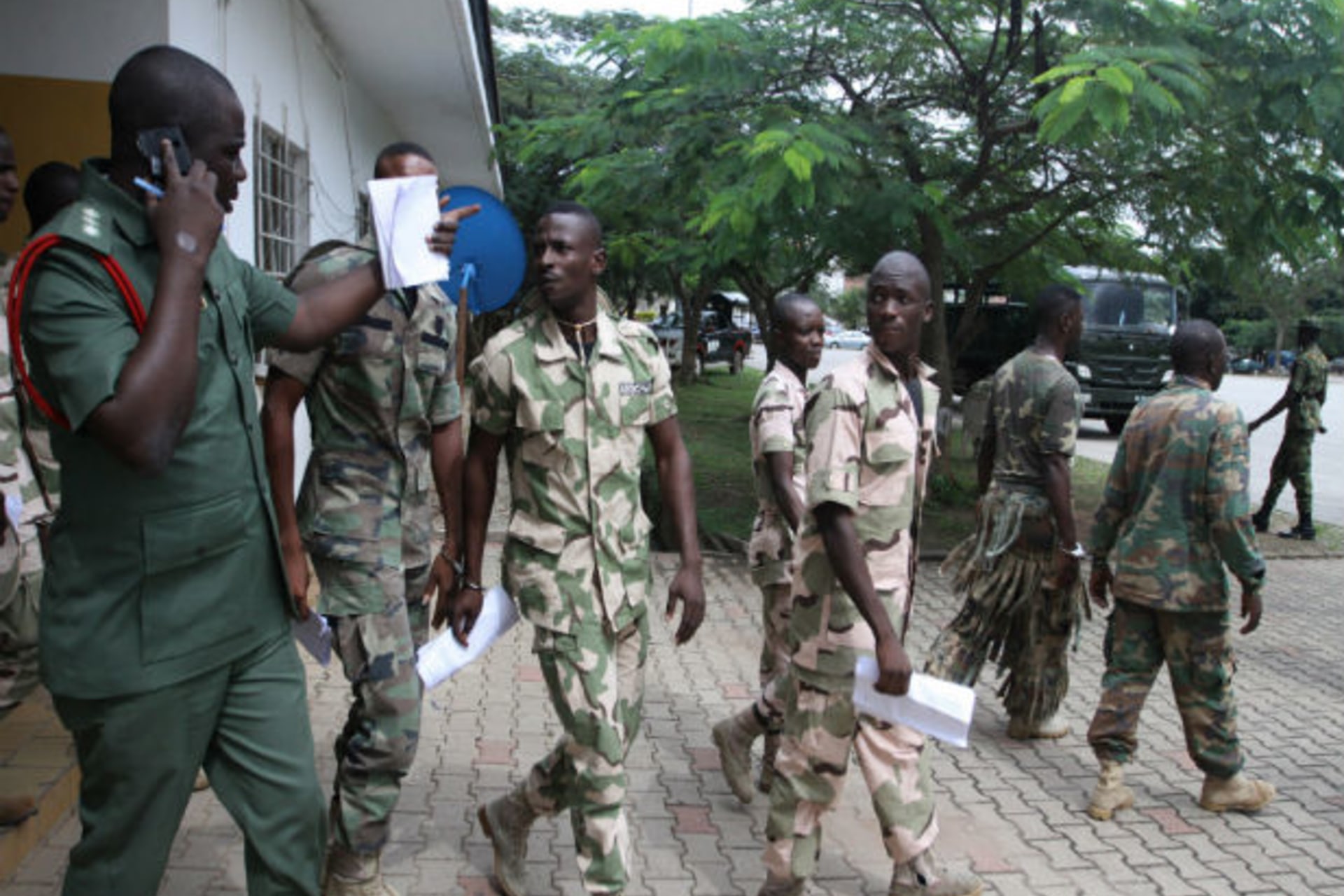Theft, the Nigerian Security Services, and Boko Haram

By experts and staff
- Published
By
- John CampbellRalph Bunche Senior Fellow for Africa Policy Studies
From 2011, when it re-emerged, until early 2015, Boko Haram inflicted one defeat after another on the Nigerian security services, principally the army. Boko Haram carved out a territory the size of the U.S. state of Maryland, and threatened Maiduguri, the capital of Borno state and a major Nigerian city. For many observers, the seeming collapse of the Nigerian military, once regarded as the best in West Africa, was bewildering, and a sign that Boko Haram was a formidable fighting force. Boko Haram was beaten back in 2015 by a multinational effort, South African mercenaries, and a revived Nigerian military.
However, since Muhammadu Buhari assumed the presidency in May 2015, there have been regular revelations of spectacular levels of theft of funding intended to fight Boko Haram during the Jonathan administration. The latest chapter is the early May 2016 disclosure by Vice President Yemi Osinbajo that the previous administration lost some $15 billion to fraudulent security spending. The previous estimate had been that $5.5 billion had been misappropriated. The vice president observed that $15 billion “is more than half of the current foreign reserves of the country.”
Boko Haram’s ostensible success clearly owed more than observers thought at the time to the criminal misallocation of resources away from the Nigerian army and the other security services into private pockets. Boko Haram’s success was not so much the result of its strength and the weaknesses of the Nigerian military, but in large part the result of theft.